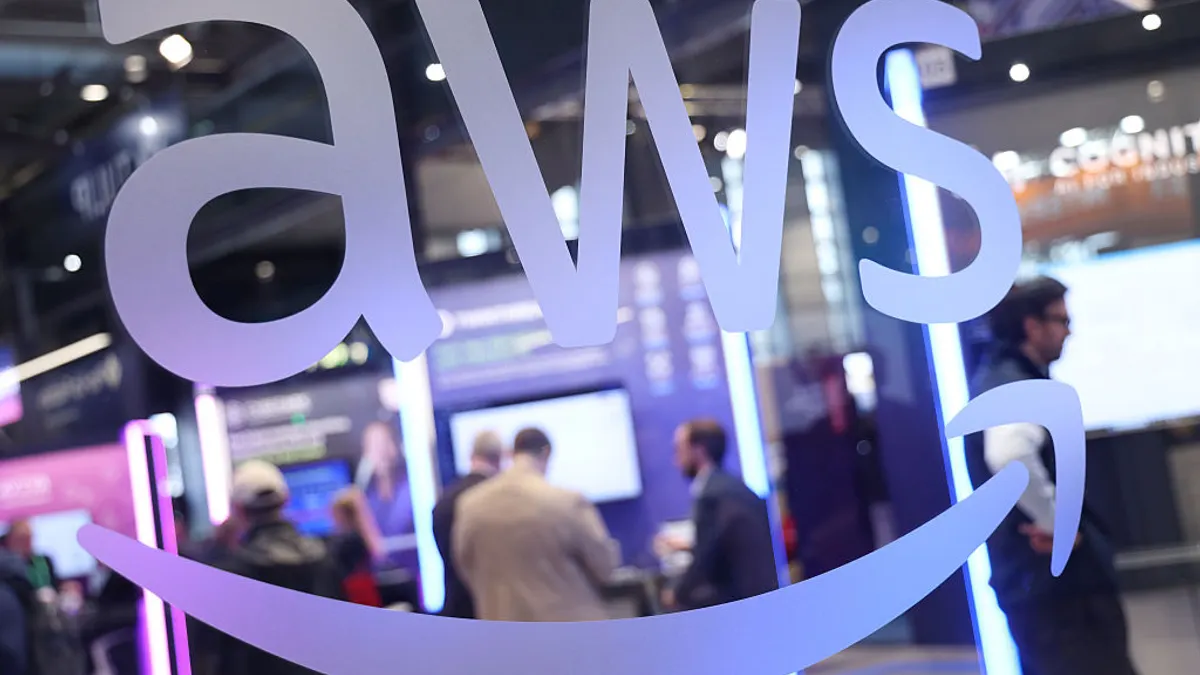Dive Brief:
- IT leaders say their organization's investment in AI has increased its vulnerability, according to a Flexential survey published this month. The IT infrastructure provider surveyed more than 350 technology leaders.
- More than half of IT decision-makers said they're storing and processing more sensitive data than before. They also expressed concerns about where sensitive data is being stored, such as closer to the edge of a network. One-quarter of respondents said the increase in employees involved in AI management has led to more vulnerabilities.
- Other concerns include the complexity of AI applications, which creates a larger attack surface. More than 2 in 5 IT leaders said their cybersecurity team doesn't understand how to protect AI applications, while 47% reported staffing gaps related to AI and cybersecurity.
Dive Insight:
Enterprises are in desperate need of stronger cybersecurity teams and better controls as AI amplifies existing concerns and exposes new vulnerabilities.
Cybersecurity pros often top lists of in-demand tech roles. Even with a souring tech labor market, cybersecurity engineers and analysts were in high demand last month, according to a CompTIA analysis of U.S. Bureau of Labor Statistics data.
For businesses that are already beefing up cybersecurity plans, leaders are paying closer attention to privacy and data security measures with a focus on mitigating misuse and the increased threats tied to AI, according to a Gallagher study published in March.
Enterprises still have some time to get ahead of threat actors using AI, but the window is closing.
CIOs hope that, despite potential risks, AI adoption will improve their cybersecurity in the long run.
“There’s thousands upon thousands of machines and endpoints that we have within our environment,” Sorin Hilgen, chief digital officer and in-country CIO at EG America, told CIO Dive. AI can help the company monitor and alert teams when something requires further attention, Hilgen said.















